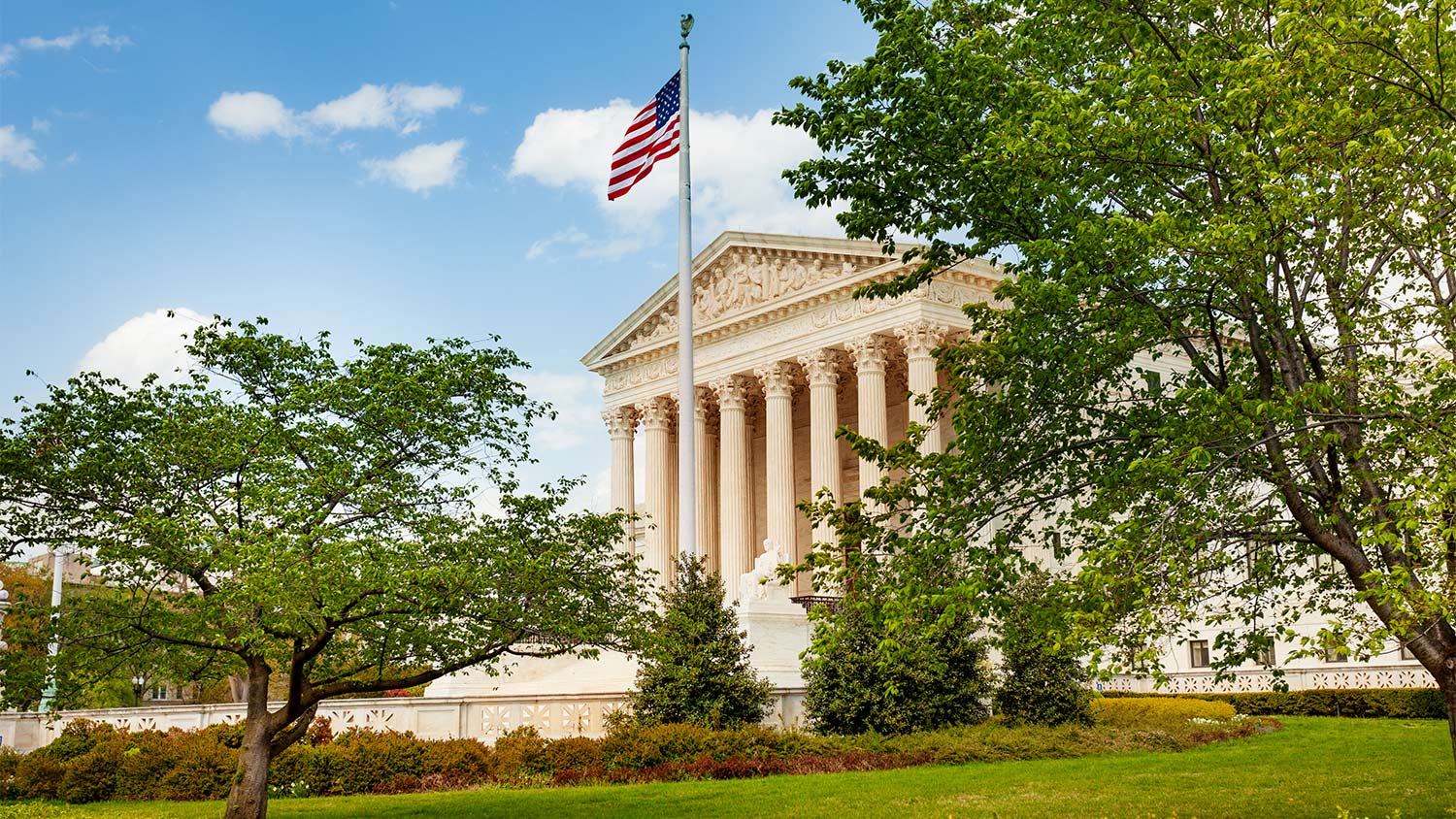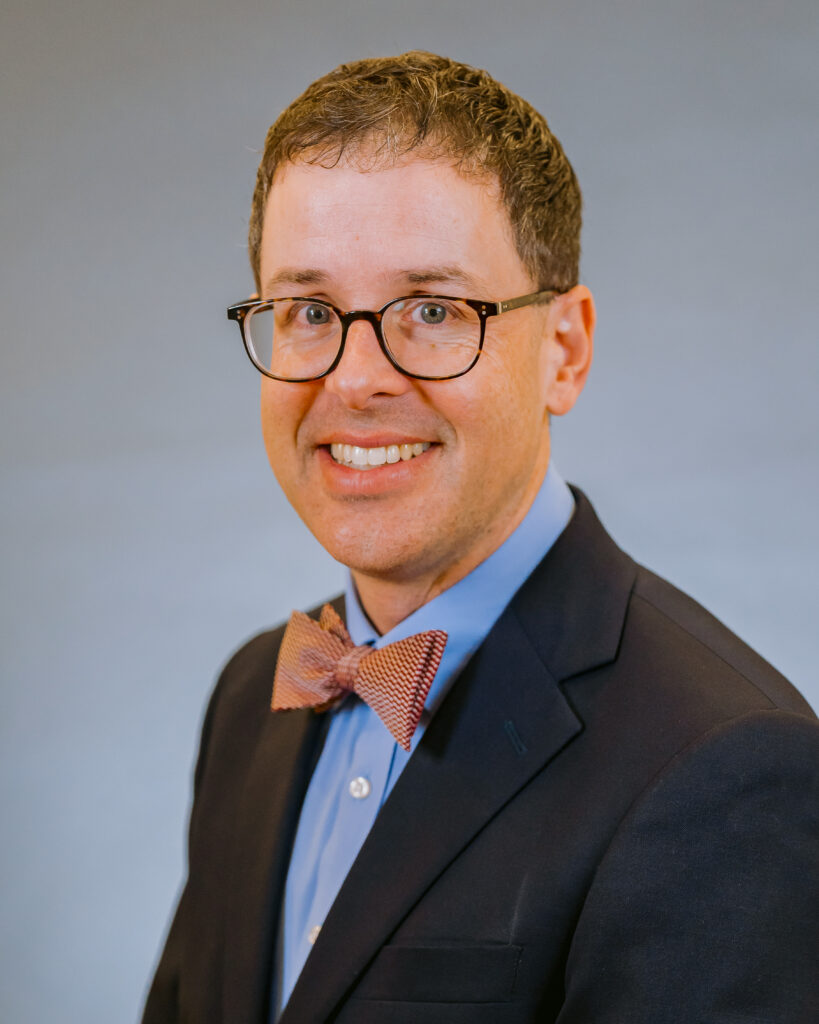
WASHINGTON – Multiple religious freedom advocates and religious broadcasters filed friend-of-the-court briefs Thursday in support of National Religious Broadcasters Noncommercial Music License Committee in its case against government officials for discriminating against religious broadcasters’ speech by charging them exponentially higher rates to stream music online than secular National Public Radio broadcasters. In February, attorneys with Alliance Defending Freedom and Fletcher, Heald & Hildreth asked the U.S. Supreme Court to hear their case.
In July, the U.S. Court of Appeals for the D.C. Circuit affirmed a decision by the U.S. Copyright Royalty Board that set rates 18 times higher for religious noncommercial webcasters with an audience above a modest 218-listener threshold than the average rate for secular NPR stations. ADF attorneys argue in National Religious Broadcasters Noncommercial Music License Committee v. Copyright Royalty Board and Librarian of Congress that this favoritism unfairly suppresses religious speakers and their religious speech online and violates the Religious Freedom Restoration Act and the First Amendment.
“Religious broadcasters should have the freedom to exercise their faith and free speech without discrimination, but government officials are forcing them to pay exorbitant fees or have their constitutionally protected speech suppressed,” said ADF Senior Counsel John Bursch, vice president of appellate advocacy. “The government punishes noncommercial religious broadcasters above a modest listener threshold by making them pay a license fee more than 18 times higher than NPR stations. This unlawful discrimination forces some noncommercial religious stations to stay small and restrict their listener reach so they can afford to stream online. The Copyright Royalty Board is violating federal law and the U.S. Constitution, and we, along with other religious freedom advocates, are urging the Supreme Court to side with religious liberty and free speech.”
“We are grateful to have the support of organizations representing hundreds of noncommercial radio stations adversely affected by the Copyright Royalty Board’s decision as well as many other organizations who work hard to ensure that religious nonprofits are not treated as second-class citizens in the marketplace of ideas,” said Fletcher, Heald & Hildreth partner Karyn Ablin, who is serving as co-counsel in the case. “Granting review would represent an important step in ensuring that religious voices are accorded the same respect and opportunities that secular NPR voices enjoy.”
Every five years, the Copyright Royalty Board issues a statutory license that establishes the terms and rates under which companies that stream copyrighted songs over the internet make royalty payments to the songs’ copyright owners. In 2021, the board ruled that, for listening audiences above a modest average of 218 people, religious stations must pay webcasting royalty rates more than 18 times the average rate for NPR stations.
“The question in this case is recurring and important. Many claims under RFRA arise from decisions by federal agencies; many claims under the Free Exercise Clause arise from decisions by federal or state agencies,” states the brief from Christian Legal Society. “If courts apply administrative-law deference to agencies in deciding RFRA and First Amendment questions, the result will be to eviscerate those protections.”
“Paradoxically, because of the steadily increasing rates over the last several years, [Christian radio stations] have been required to proactively limit their webcast audience,” adds the brief from Gateway Creative Broadcasting representing several other noncommercial Christian radio stations. “They’ve done this in two primary ways. First, [Christian radio stations] are hesitant to advertise or push their online streaming platforms, knowing that increased listeners mean increased fees. Second, amici have limited the amount of time a listener can stream their content before the listener is knocked off the stream, which, of course, creates the risk that the listener will choose another platform to stream online content.”
Alliance Defending Freedom is an alliance-building, non-profit legal organization committed to protecting religious freedom, free speech, parental rights, and the sanctity of life.
# # #

